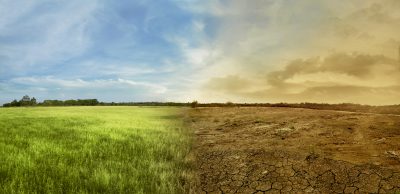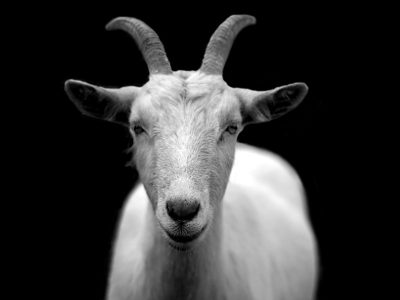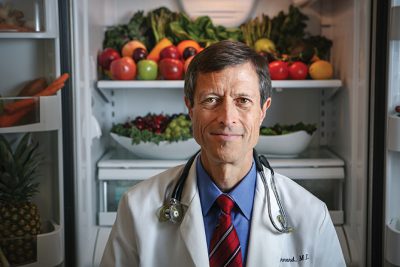When we think of climate change and the drivers of global warming, we may think of trucks chugging out dirty exhaust fumes, or factories churning out thick black plumes of smoke. But what if I told you that the meat and dairy industries are actually a major contributor to climate breakdown?
In fact, the animal agriculture industry actually emits more greenhouse gases than the fuel emissions from the entire global transport sector combined. But why is animal farming causing so much damage to our planet?
The beef with burgers
Cows raised for both beef and milk account for around 65 percent of the emissions from the animal agriculture industry, largely due to the fact that around 44 percent of emissions are in the form of methane – a greenhouse gas created by cows’ digestive processes.
Beef is the worst food for the climate but all animal products are worse for our planet than almost all plant-based foods. For example, beef is responsible for 33 times as many emissions as tofu; eggs are four times as damaging as peas; dairy milk emits three times as many climate-damaging emissions as soy milk. No wonder climate experts around the world are advising us to shift to a plant-based diet.
Razing the rainforest
Animal farming is also directly responsible for the loss of rainforests because meat production needs so much land. The animal farming industry uses 83 percent of agricultural land across the world, but provides just 18 percent of our calories. That land must come from somewhere, and that means ancient rainforests and other important habitats are razed to the ground to make way for animal agriculture.
Plus, animals don’t just graze on the land to meet their energy requirements – a third (33 percent) of the world’s croplands are used to grow feed for farmed animals, not people. Vast areas of rainforest have been destroyed to grow soy to feed to animals incarcerated inside factory farms all over the world. Over one-third (37 percent) of global soy is fed to chickens and other farmed birds; one-fifth is fed to to pigs; and six percent to factory farmed fish.
When rainforests are felled the soil becomes fragile and can be washed away during periods of rain, leaving landscapes utterly barren. By destroying rainforests to make way for animals and crops to feed them, not only are more direct emissions created, but we’re also destroying a key ally in the fight to prevent climate breakdown: trees.
How can I help?
The evidence is stark that the global demand for meat and other animal products is destroying our planet. In fact, recent research from Oxford University states that without meat and dairy production, we could reduce global farmland use by over 75 percent, and still feed the world. The research was so astounding that one of the scientists behind it, Joseph Poore, said:
“A vegan diet is probably the single biggest way to reduce your impact on planet Earth, not just greenhouse gases, but global acidification, eutrophication, land use and water use. It is far bigger than cutting down on your flights or buying an electric car [which only cut greenhouse gas emissions].”
Try vegan to help fight climate change with diet change.
Caroline Burgess-Pike became vegan for ethical and environmental reasons, and has also spent much of her professional and personal life campaigning for a better world for animals. Her career spans journalism, marketing for vegan brands, charity campaigns and corporate communications.



